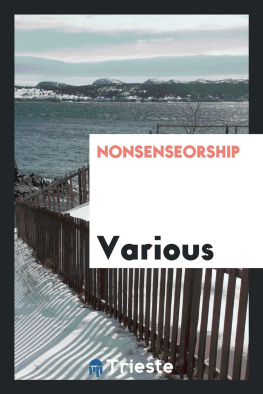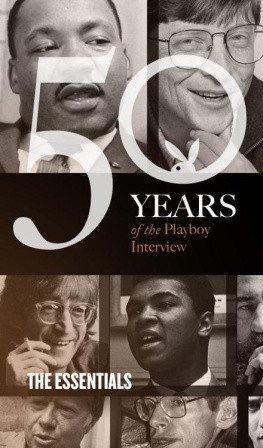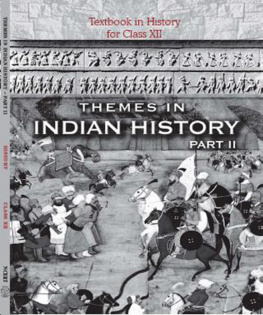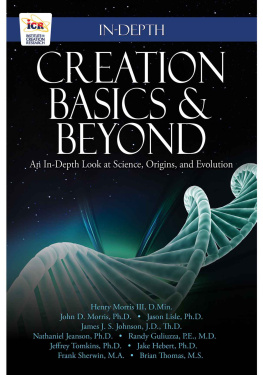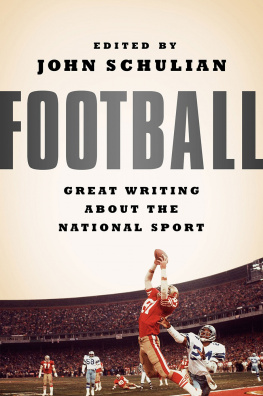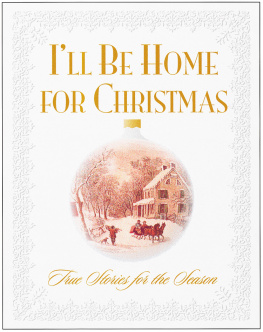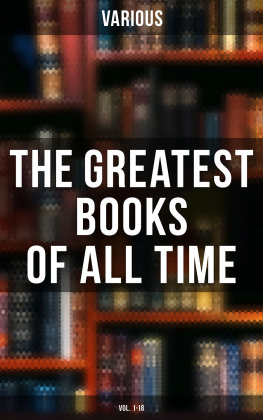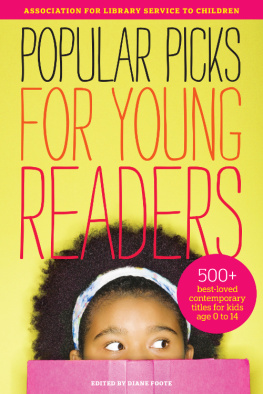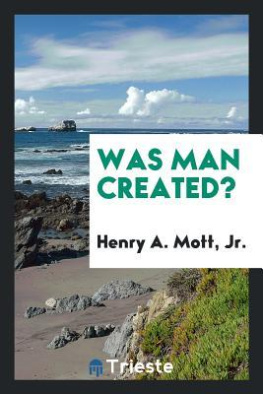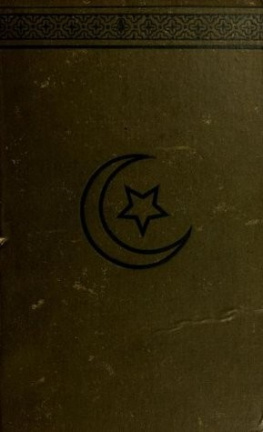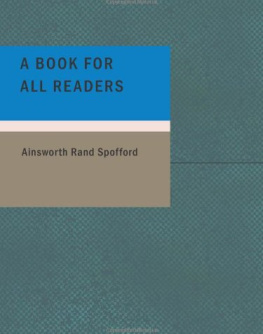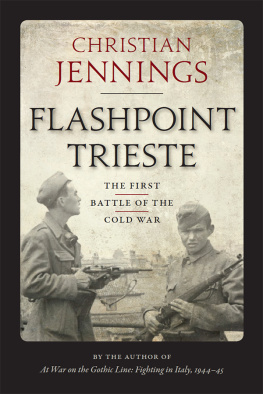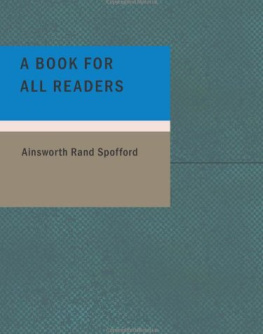NONSENSEORSHIP
* * *
Contributions by
VARIOUS
*
Nonsenseorship
First published in 1922
ISBN 978-1-62012-091-0
Duke Classics
2012 Duke Classics and its licensors. All rights reserved.
While every effort has been used to ensure the accuracy and reliability of the information contained in this edition, Duke Classics does not assume liability or responsibility for any errors or omissions in this book. Duke Classics does not accept responsibility for loss suffered as a result of reliance upon the accuracy or currency of information contained in this book.
Contents
*
We Have with Us Today
*
At current bootliquor quotations, Haig & Haig costs twelve dollars aquart, while any dependable booklegger can unearth a copy of "Jurgen"for about fifteen dollars. Which indicates, at least, an economicapplication of Nonsenseorship.
Its literary, social, and ethical reactions are rather more involved.To define them somewhat we invited a group of not-too-serious thinkersto set down their views regarding nonsenseorships in general and anypet prohibitions in particular.
In introducing those whose gems of protest are to be found in thesetting of this volume, it is but sportsmanlike to state at the startthat admission was offered to none of notable puritanical proclivity.The prohibitionists and censors are not represented. They require, ina levititious literary escapade like this, no spokesman. Theirviewpoint already is amply set forth. Moreover, likely they would notbe amusing.... Also, the exponents of Nonsenseorship are victorious;and at least the agonized cries of the vanquished, their cynicalcomment or outraged protest, should be given opportunity forexpression!
Not that we consider HEYWOOD BROUN agonized, cynical, or outraged.Indeed, masquerading as a stalwart foe of inhibitions, he starts rightout, at the very head of the parade, with a vehement advocacy ofprohibition. His plea (surely, in this setting, traitorous) is toprohibit liquor to all who are over thirty years of age! He declaresthat "rum was designed for youthful days and is the animatinginfluence which made oats wild." After thirty, presumably, QuakerOats....
And at that we have quite brushed by GEORGE S. CHAPPELL. who serves atasty appetizer at the very threshold, a bubbling cocktail of versedefining the authentic story of censorious gloom.
Censorship seems a species of spiritual flagellation to BEN HECHT,who, as he says, "ten years ago prided himself upon being asindigestible a type of the incoherent young as the land afforded." Andnonsenseorship in general he regards as a war-born Frankenstein, afrenzied virtue grown hugely luminous; "a snowball rolling uphilltoward God and gathering furious dimensions, it has escaped the shrewdjanitors of orthodoxy who from age to age were able to keep it withinbounds."
Then RUTH HALE, who visualizes glowing opportunities for feminineachievement in the functionings of inhibited society. "If the worldoutside the home is to become as circumscribed and paternalized as theworld inside it, obviously all the advantage lies with those who havebeen living under nonsenseorship long enough to have learned to manageit."
WALLACE IRWIN is irrepressibly jocose (perhaps because he sailed forunprohibited England the day his manuscript was delivered), breakinginto quite undisciplined verse anent the rosiness of life since thered light laws went blue.
"I am not sure, as I write, that this article ever will be printed,"says ROBERT KEABLE, the English author of "Simon Called Peter." (Itis). Mr. Keable, a minister from Africa, wrote of the war as he saw itin France, and in a way which offended people with mental blinders. Hedeclares that the war quite completely knocked humbug on the head andbashed shams irreparably. "Rebels," says he, meaning those who speaktheir mind and write of things as they see them, "must be drowned in ababble of words."
And then HELEN BULLITT LOWRY, the exponent of the cocktailored younglady of today, averring that to the pocket-flask, that milepostbetween the time that was and the time that is, we owe the singlestandard of drinking. She maintains that the debutantalizing flapper,now driven right out in the open by the reformers, is the realsalvation of our mid-victrolian society.
No palpitating defense of censorship would he expected from FREDERICKO'BRIEN of the South Seas, who contributes (and deliciously defines) aprecious new word to the vocabulary of Nonsenseorship, "Wowzer." Thenature of a wowzer is hinted in a ditty sung by certain uninhibitedindividuals as they lolled and imbibed among the mystic atolls andwhite shadows:
"Whack the cymbal! Bang the drum!
Votaries of Bacchus!
Let the popping corks resound,
Pass the flowing goblet round!
May no mournful voice be found,
Though wowzers do attack us!"
DOROTHY PARKER gives vent to a poignant Hymn of Hate, anent reformers,who "think everything but the Passion Play was written by AveryHopwood," and whose dominant desire is to purge the sin from Cinemaeven though they die in the effort. "I hope to God they do," adds theauthor devoutly.
From England, through the eyes of FRANK SWINNERTON, we glimpseourselves as others see us, and rather pathetically. In days gone by,lured by reports of America's lawless free-and-easiness, Swinnertonsays he craved to visit us. But no more. The wish is dead. We havebecome hopelessly moral and uninviting. "I see that I shall after allhave to live quietly in England with my pipe and my abstemious bottleof beer. And yet I should like to visit America, for it has suddenlybecome in my imagining an enormous country of 'Don't!' and I want toknow what it is like to have 'Don't' said by somebody who is not awoman."
Also is raised the British voice of H. M. TOMLINSON, singed withsatire. He writes as from a palely pure tomorrow when mankind shallhave reached such a state of complete uniformity of soul, mind andbody, that "only a particular inquiry will determine a man from awoman, though it may fail to determine a fool from a man." Tomlinson'simagined nation of the future is "as loyal and homogeneous, ascontented, as stable, as a reef of actinozoal plasm." And over eachhearth hangs the sacred Symbola portrait of a sheep.
Next is the usually jovial face of CHARLES HANSON TOWNE (that facewhich has launched a thousand quips) now all stern in his unbattledstruggle with Prohibition, dourly surveying this "land of the spreeand home of the grave."... "My children," says Towne, "as they siptheir light wine and beer..." He is, at least, an optimist! But then,we are reminded he is also a bachelor.
In his own American language JOHN WEAVER pictures the feelings of anold-time saloon habitu when his former friend the barkeep, now richfrom bootlegging, with a home "on the Drive" and all that, declareshis socially-climbing daughter quite too good for this particular "OldSoak's" son. Weaver's retrospect of "Bill's Place" will bring dampeyes to the unregenerate:
"So neat! And over at the free-lunch counter,
Charlie the coon with a apron white like chalk,
Dishin' out hot-dogs, and them Boston Beans,
And Sad'dy night a great big hot roast ham,
Or roast beef simply yellin' to be et,
And washed down with a seidel of Old Schlitz!"
"The Puritans disliked the theatre because it was jolly. It was aplace where people went in deliberate quest of enjoyment." So saysALEXANDER WOOLLCOTT, who emerges as a sort of economic champion ofstage morality, though no friend at all of censorship. Despite themot "nothing risqu nothing gained," Woollcott emphaticallydeclares the bed-ridden play is not, as a general thing, successful."A blush is not, of course, a bad sign in the box-office," says he,developing his theme, "but the chuckle of recognition is better. So isthe glow of sentiment, so is the tear of sympathy. The smutty and thescandalous are less valuable than homely humor, melodramaticexcitement or pretty sentiment."

